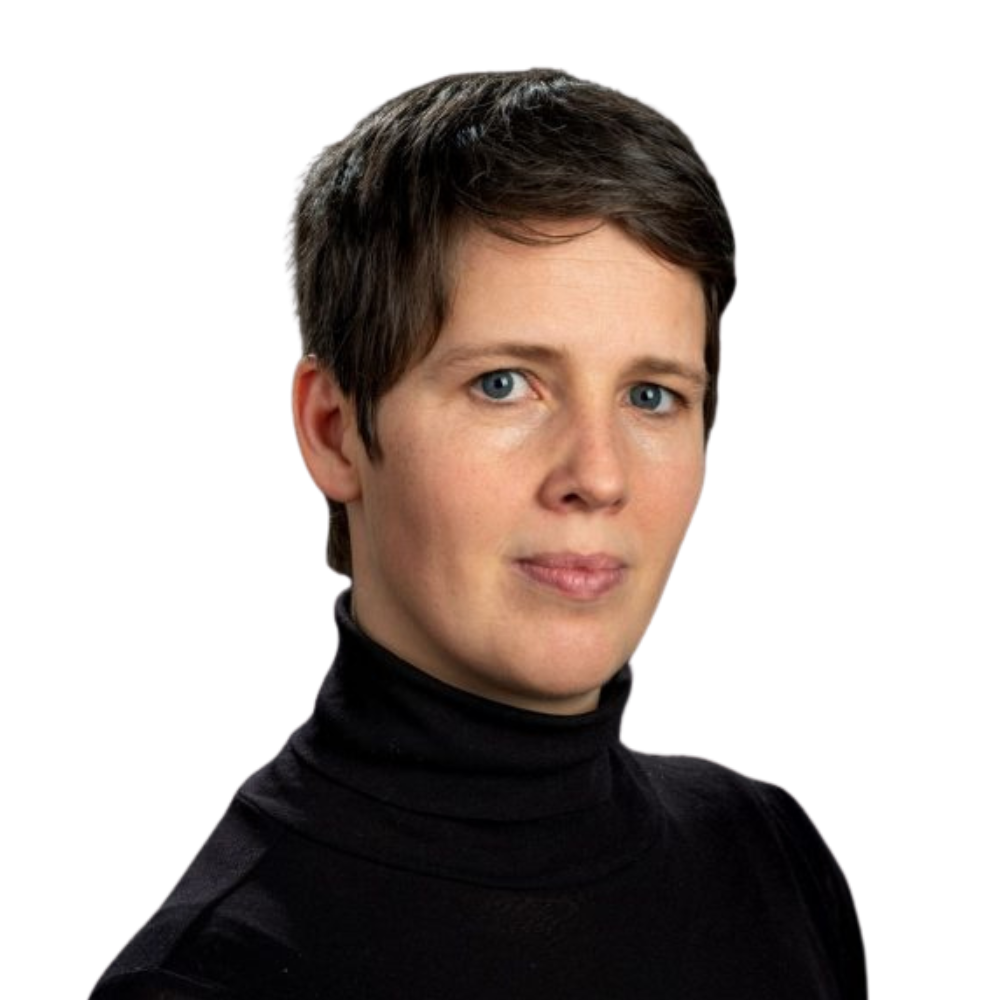Digital Twins for Medicine
Advancing digitalization in medical practice and research is resulting in increasingly extensive and complex data sets from one and the same biological individual (patient, laboratory animal, model) or the same biological system (e.g. heart or brain function). Taken individually, each data set and each data modality provides a complementary but incomplete view of the physical entity under investigation. This group is working on methods to unite these different perspectives in one model, the so-called digital twin. For this purpose, highly precise phenomenological models of complex, non-linear biological processes are developed with the help of machine learning and learned from the data. With the help of these digital twins, specific (personalized) questions can then be investigated in silico and new hypotheses developed. For example, the search space in drug development can be massively reduced: Instead of "brute force" testing thousands of substances on cell cultures using high-throughput screening, substances that have proven to be promising in a digital twin can be identified in a much more targeted manner. This approach has already been used successfully in neuroscience and engineering and has great potential for drug development and personalized medicine. Methodological challenges include the integration of different measurements, the optimal use of other data sources and available prior knowledge in order to learn the best possible personalized models from the limited data for a single individual (transfer learning, meta learning), as well as the efficient extraction of verifiable and causal predictions.




